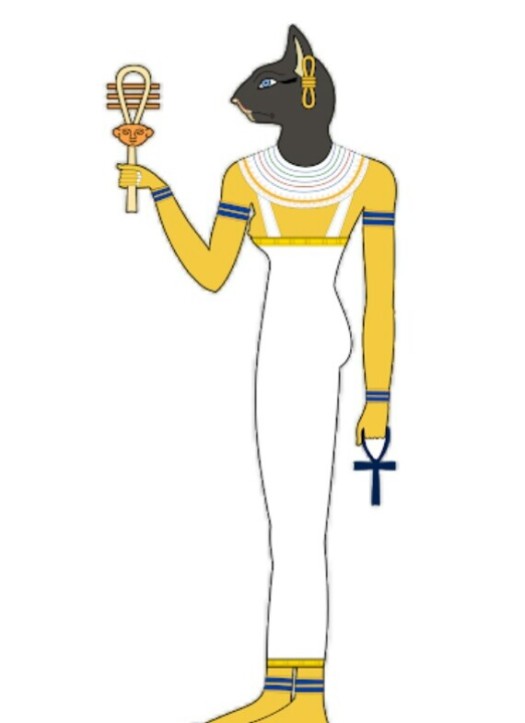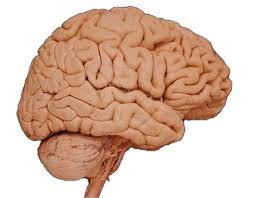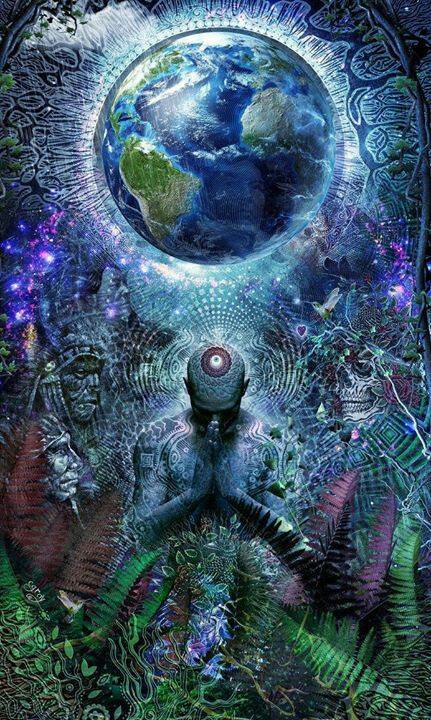
A PHOBIA is a type of anxiety disorder, defined by a persistent and excessive fear of an object or situation. The phobia typically results in a rapid onset of fear and is present for more than six months.
-
Cherophobia :
Aversion to happiness, also called cherophobia or fear of happiness, is an attitude towards happiness in which individuals may deliberately avoid experiences that invoke positive emotions or happiness.
-
Geliophobia
Geliophobia or also known as fear of laughter is a very common phobia with many people. The geliophobic individual may fear that they will laugh or smile at inappropriate times. Some people coping with this phobia may find jokes, comedies, and funny situations or people a source of anxiety.
-
Chronophobia
Chronophobia is defined as the persistent and often irrational fear of the future or the fear of passing time. Since time can be considered as a “specific object”,Chronophobia falls under the category of specific phobias. The word Chronophobia is derived from Greek ‘chronos’ meaning time and phobos meaning fear.
-
Autophobia
Autophobia, also called monophobia, isolophobia, or eremophobia, is the specific phobia of isolation; a morbid fear of being egotistical, or a dread of being alone or isolated. Sufferers need not be physically alone, but just to believe that they are being ignored or unloved.
-
Phobophobia
Phobophobia is the fear of phobia or phobias and, more specifically, of the internal sensations associated with that phobia and anxiety, which binds it closely to other anxiety disorders, especially with generalized anxiety disorders (free floating fears) and panic attacks.
-
Phasmophobia
The fear of ghosts is sometimes referred to as phasmophobia and erroneously spectrophobia, the latter being an established term for fear of mirrors and one’s own reflections.
-
Catoptrophobia
Catoptrophobia is the fear of mirrors. The origin of the word catoptro is Greek (meaning mirror) and phobia is Greek (meaning fear). This fear could have developed in the early history, when people used to use ponds and still waters as mirrors (or looking glasses).
-
Somniphobia
Somniphobia is an uncommon sleep disorder. Somniphobia is the fear of going to sleep.









